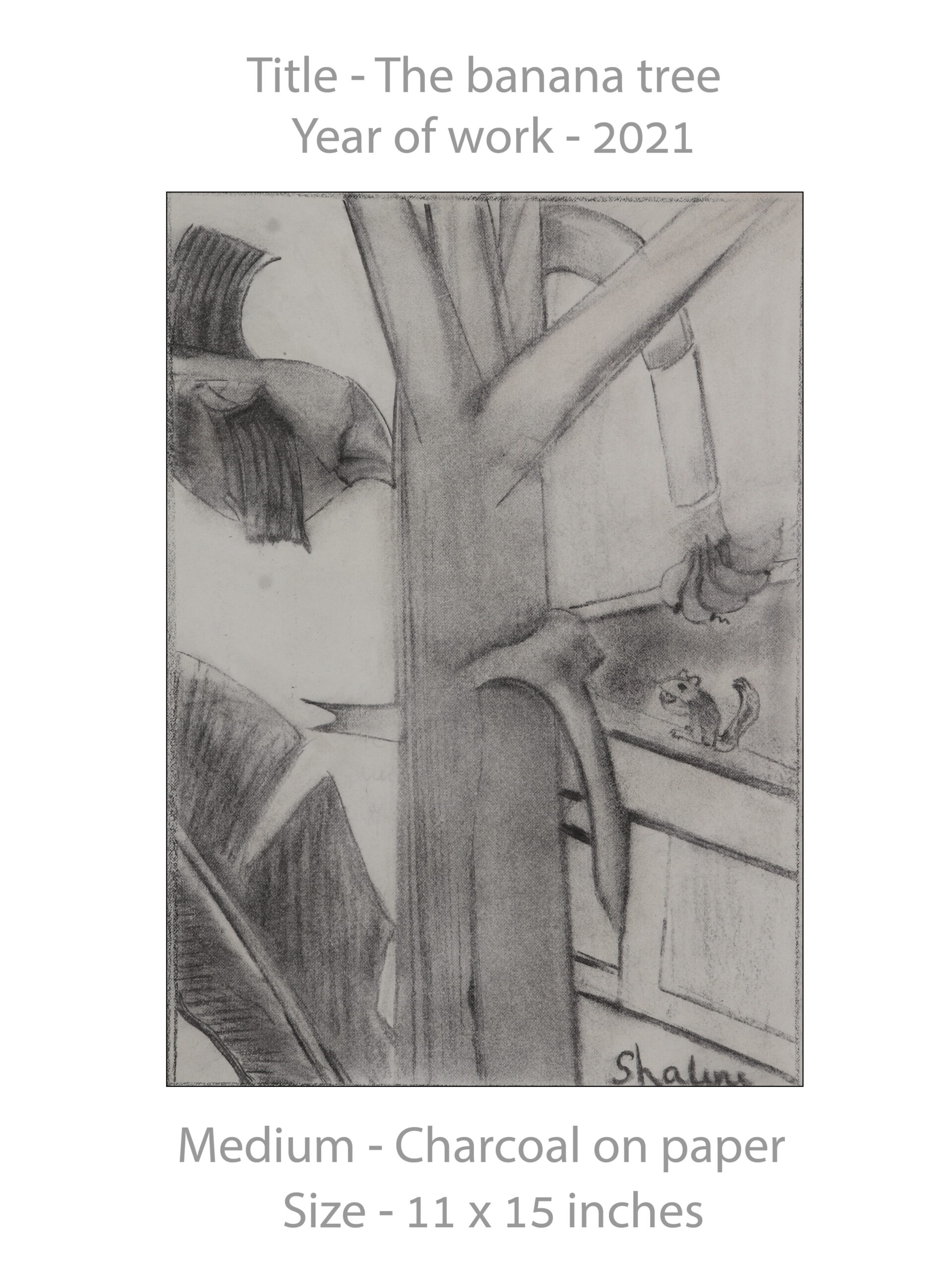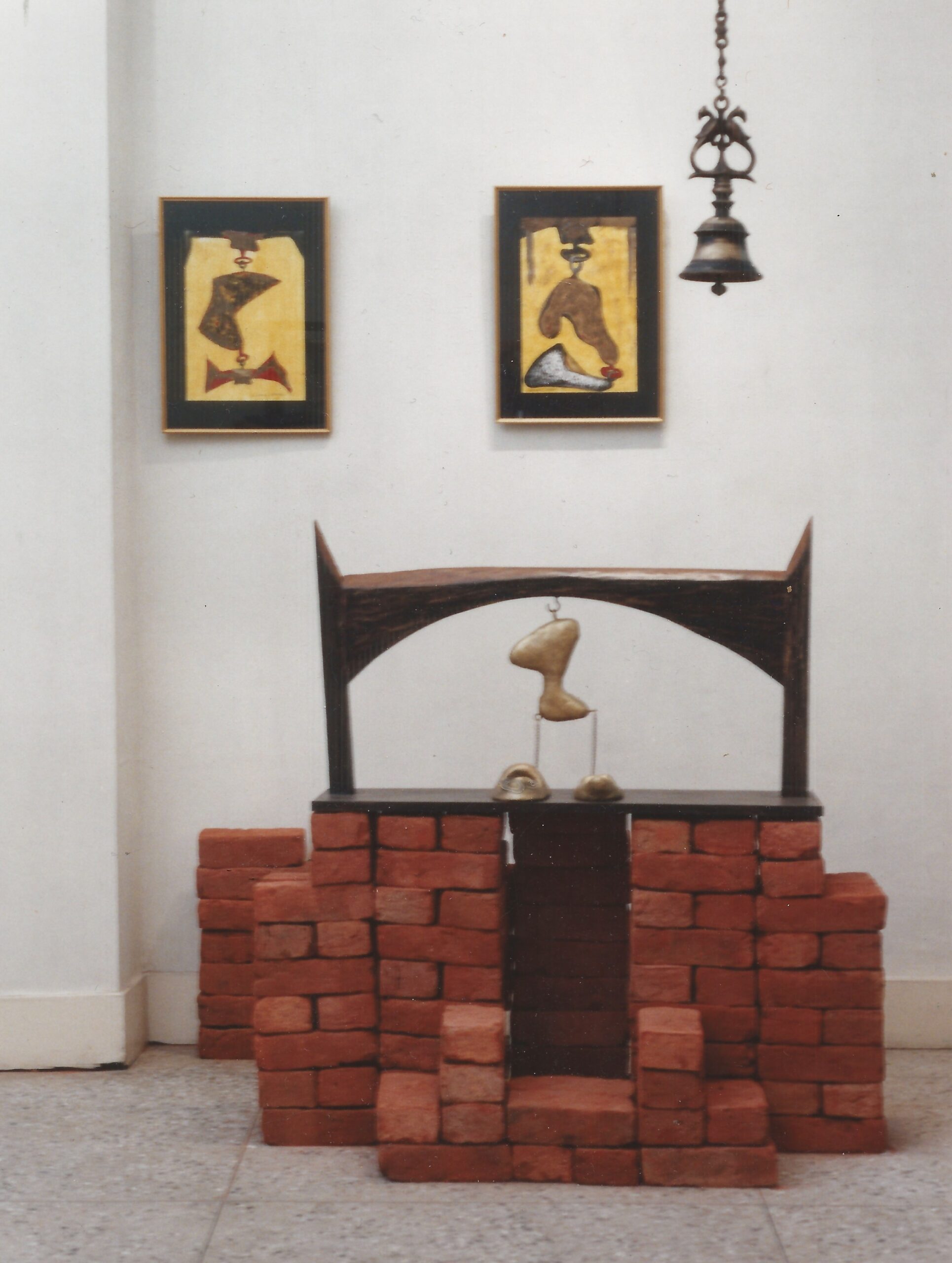Synopsis
Les Chants de l’Umaï (Songs of the Umaï) consists of five sequences, set in a surreal Indo-Arab context with Persian and Jewish influences, in which dance stems from singing in long undulating iterations, somewhat like the chants of ancient manuscripts.. In the imaginary, dream-like state that Marcia Barcellos creates in this piece, she is Umaï, the womb of the universe, or a woman-dragon of the fictional territory of Gravbekistan. In this ode to femininity, the reconstructed memory of many fantasized imaginary divinities is conveyed through five songs loosely derived from Indian or African melodies. Each of them, in the manner of ancient theatre, introduces an epic poem of a past era that only the body-memory can tie us to. As a loyal disciple of American choreographer, Alwin Nikolais, Barcellos uses the whole gamut of effects, including video, lighting, holograms and props created by the co-founder of Systeme Castafiore, Karl Biscuit. The intersection of a movement vocabulary particular to Barcellos and ever-evolving scenography, Les Chants de L’Umaï goes as close as it can to a reimagined world.
About The Director
Système Castafiore is directed by theatre director and musician Karl Biscuit and Brazilian dancer and choreographer Marcia Barcellos, both of whom, having worked with Alwin Nikolais, remain followers of his style of total dance-theatre in which dance is just one element in an integrated performance including sound, light and theatrical effects. They first entered the new French dance movement through the Lolita collective, before founding their own company in 1989. Together, they created 19 performances including choreographies for national ballets. Naturally gifted with humor, talent, imagination and a rare ingenuity, they put experimentation at the forefront of their art.








